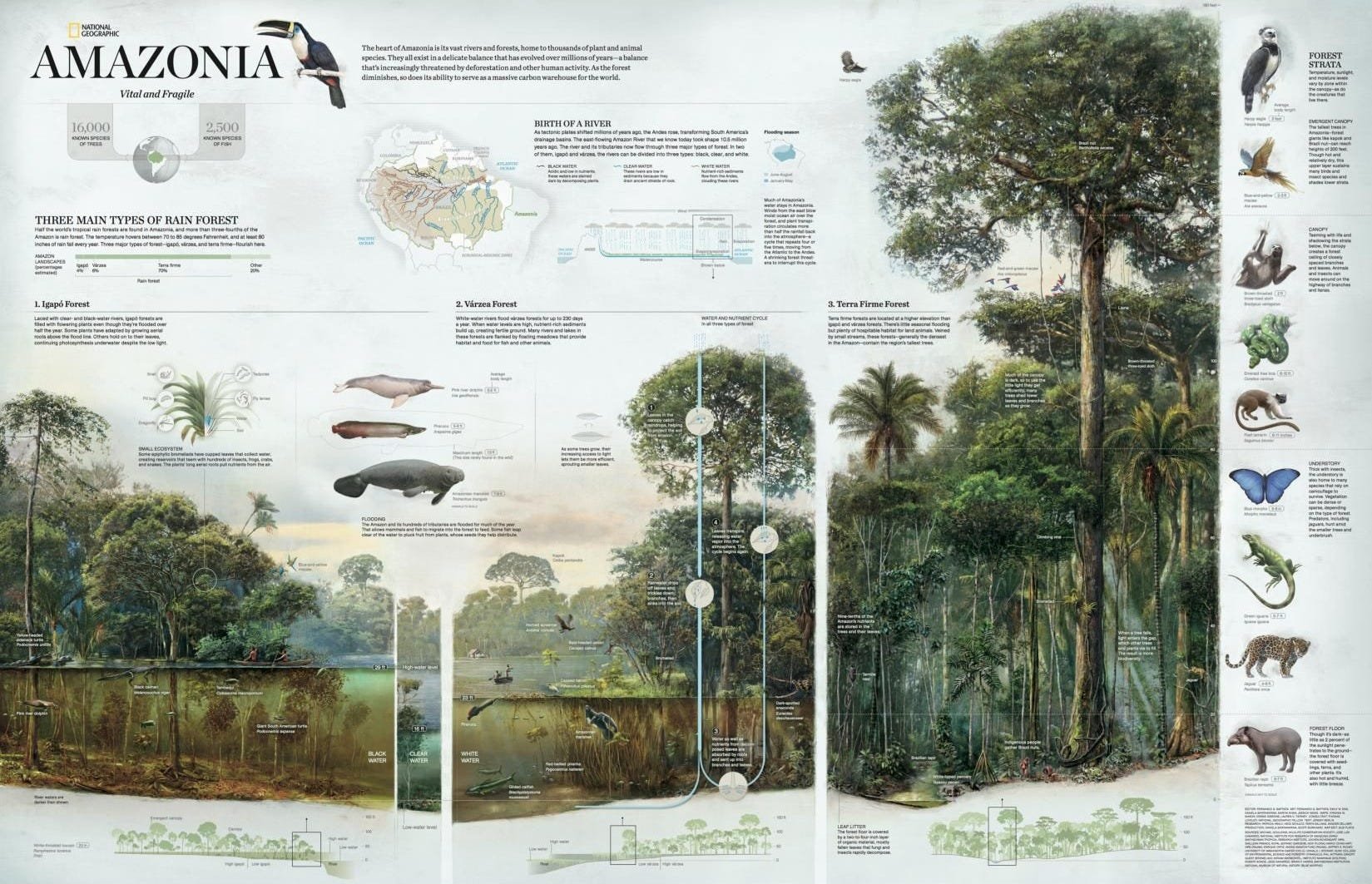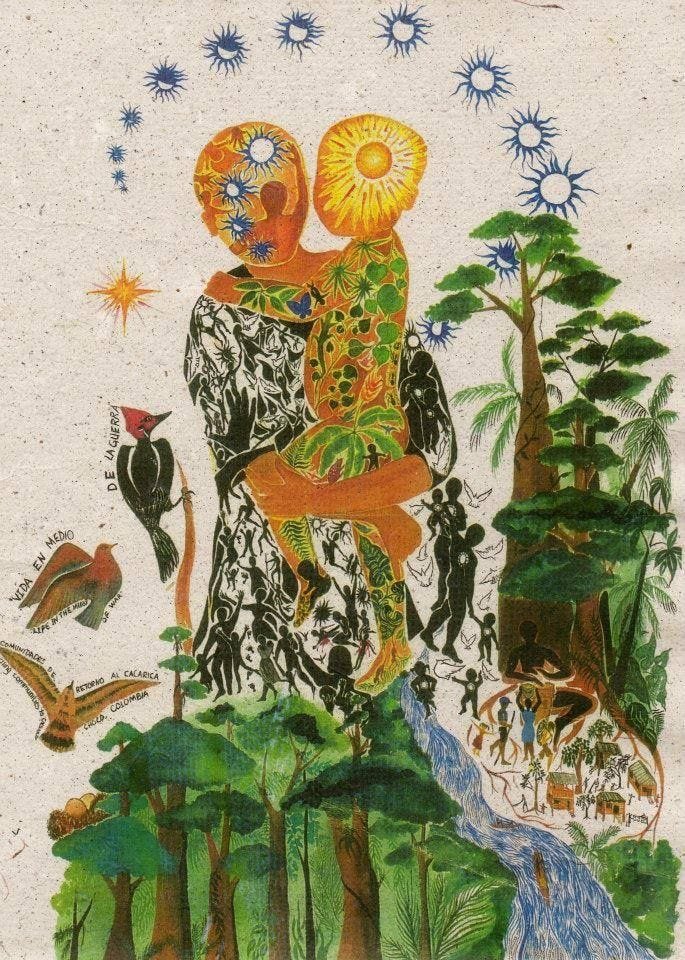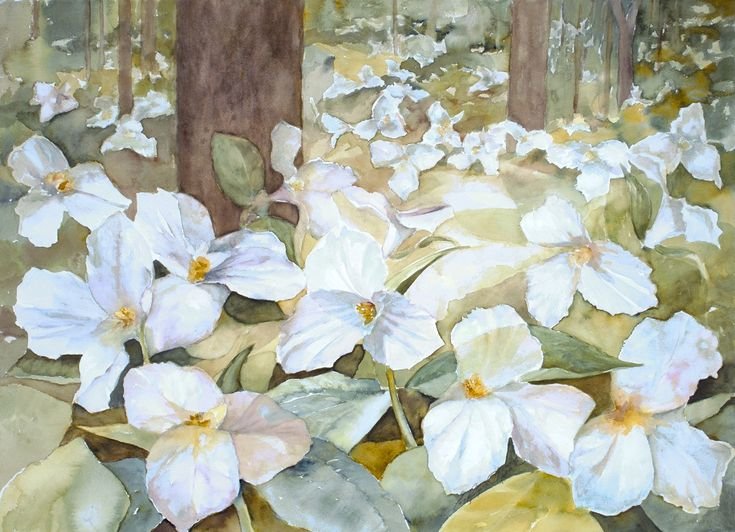
Energetic Blueprints and the Role of Humans in Facilitating Patterns of Ecological Harmony
In the third part of our series on Ecological Attachment Theory, we explore the concept of Energetic Blueprints as an ecological function of patterned relationships between organisms that facilitate balance within an ecological system. Rooted in animism, energetic cosmology, and ecology, we draw examples from history to deconstruct the human vs. nature dichotomy and encourage us to see humans as expressions of nature that have evolved to manage ecological systems to facilitate global harmony.

The Original Land Wound: Addressing The Role of Colonialism in Ecological Attachment
In this piece, Marika discusses her perspective on settler colonialism as both a symptom and cause of fractured land & place-based relationships within the context of Ecological Attachment Theory. Together, we discuss the application of attachment theory as a way to understand our ancestral lineages and their relationships to land and place, as well as introduce the concept of “original land wounds” as moments in time & space where our ancestors experience land-based trauma that results in a disruption in ecological attachment.

At the Intersection of Animism & Attachment: Re-introducing Ecological Attachment Theory
In this introductory piece, Marika returns to a framework she explored a few years ago: Ecological Attachment Theory. At the intersections of animism, ecology, and psychology, Ecological Attachment Theory can provide a framework for repairing our relationships to the Earth, ourselves, and each other.

Autumning and the Fruiting of the Underworld… What our mycorelatives can teach us about what lies beneath our surface”
As Summer yields itself to the transformative process of Autumn, the mycological world makes its omnipresence known by emerging from the soil into our world -what wisdom is here for us all?

Black Hawthorn in Leo
Marika Clymer reflects on the energies of Leo Season 2024 and the vital lessons of the PNW native Black Hawthorn plant. Black Hawthorn can teach the importance of purpose, identity, strength, and a pathway towards healing our wounds around not feeling seen. Marika also explores a deepened understanding of the astrological archetype of Leo, drawing interpretations from the tarot in the Strength Card.


The Secrets of How the Earth Keeps Her Time - Working with the Medicine of Presence
In this short excerpt from the collaborative zine project, Bodies of Land, Marika discusses the secrets of how the Earth keeps her time, in what she calls the “practice of presence”. As we become more in tune with the Earth’s rhythms, we find that the human-made construct of time is indeed an illusion, and it is through the active practicecof observing nature that we cultivate an ability to place ourselves within the omnipresent timeline of the Earth herself.

The Inherited Privilege of Being Connected to Land
In this short piece, writer Marika Clymer explores the settler-colonial relationship in regards to actively fighting against systems of oppression that displace communities from their homelands. In response to the Ceasefire Movement for Palestinians, Marika interrogates her relationship with the land as an unearned privilege, looking closely at the nuances of ancestral trauma and settler-land relationships as they intersect with the Zionist movement in Gaza.

What is Reiki? (insights from a Japanese-American practitioner)
What is Reiki? In this blog post, Japanese-American Reiki practitioner of 10+ years Marika Clymer will give you a thorough understanding of what Reiki is, how it works, the cultural contexts it comes from, and more.

Stillness as the Gateway to the Heart
Our eco-energetic insights for the month of April guided by the Spirit of Western Trillium flower (T. ovatum).


Grief Decomposes our Love like a Body
“Grief Decomposes Our Love like a Body - How our body digests death through grief”. This short piece draws from an eco-somatic approach, paralleling the decomposition process with human physiological processes for metabolizing difficult death and difficult emotions such as grief. An ecological perspective can help us find new ways to see and understand our body as a reflection of nature.